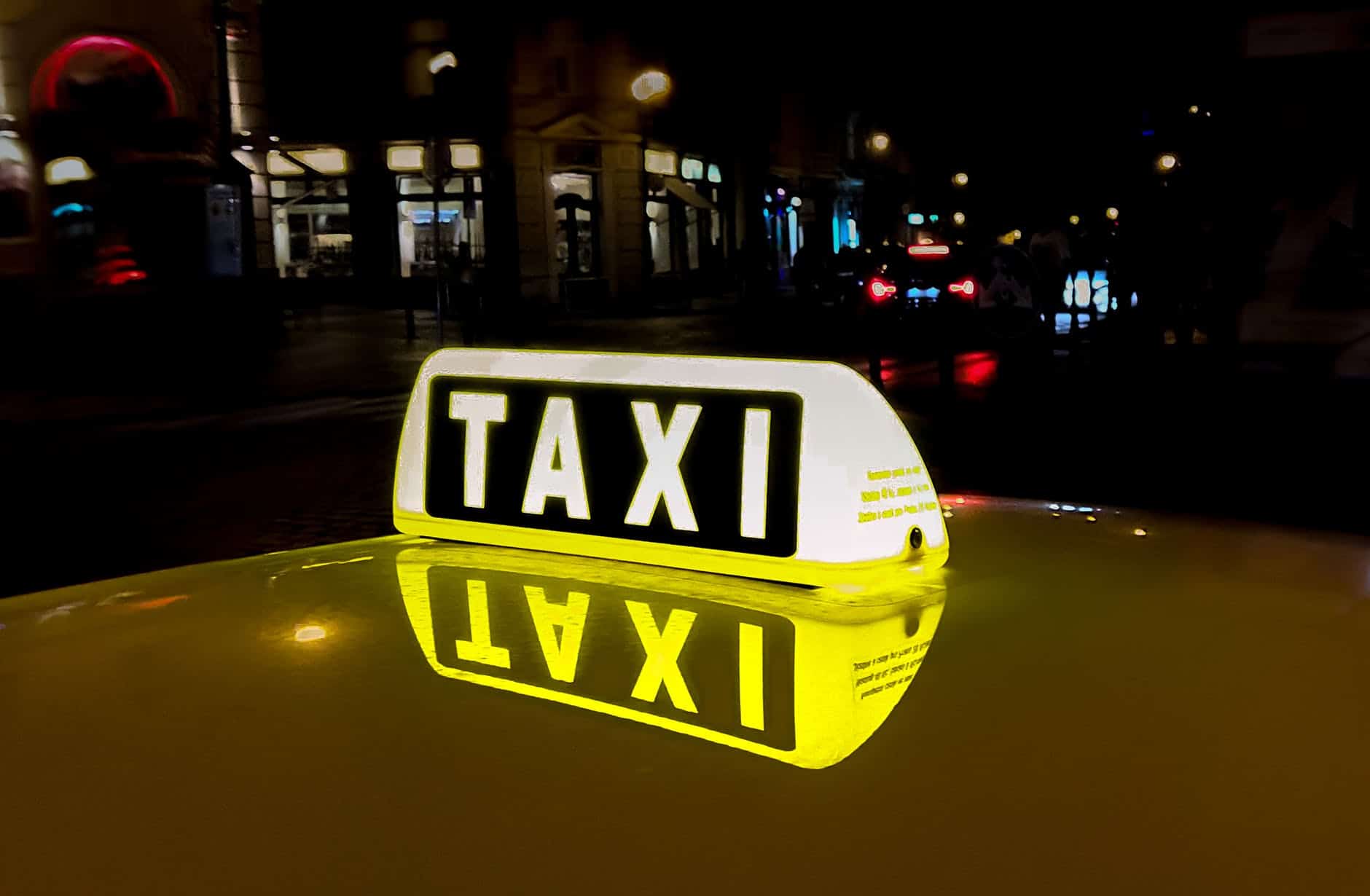Taxi Drivers Suing Mississauga for $100 million
Published September 19, 2019 at 5:53 pm

A group of several taxi drivers in Mississauga have filed a massive, lawsuit against the city for lost wages and negligence.
The lawsuit is a response to the manner in which the city has handled the emergence of ride-sharing companies such as Uber and Lyft that have become a more cost-effective alternative to using taxi services.
The complainants—made up of several taxi drivers and plate owners across the city—were concerned with the city’s decision to implement a pilot project by the Transportation Network Company (TNC) entitled: the Transportation Network Company Pilot Project Licensing By-law, which allowed ride-sharing programs to operate legally for six months initially, after which it was renewed for another 12 months.
The pilot project has since concluded and ride-sharing companies can operate in the city legally.
Since 1948, the city of Mississauga has regulated the taxi industry and required drivers to pay a licensing fee dependent on multiple factors. Additionally, since 1970, the city has limited the number of licenses they would issue, meaning the licenses that were issued became more valuable due to the fact they were in limited supply.
However, since the inception of ride-sharing, these licenses have diminished in value due to the fact fewer people are using taxi services in favour of using services such as the aforementioned Lyft and Uber.
As a result, taxi companies requested the city cover the loss of revenue for their licenses for up to $50,000 per license. After some initial contemplation, the city refused.
Previously, many taxi owners viewed their license as a means to retire, as they would often sell them for several thousands of dollars due to the fact, they were so limited. However, as ride-sharing programs have become more popular, that value has diminished to the point that many of the complainants feel as if their financial security is being taken away from them.
Additionally, the complainants believe they are at a disadvantage due to the fact they are required to pay fees to the city to continue to operate, including fees to be put on a waitlist for a plate, fees for the transfer, purchase, or lease of a plate, and fees to operate as a driver or owner—regulations that ride-sharing drivers are able to circumvent.
According to the statement of claim, Uber began operating in Mississauga in 2014 illegally, and the city didn’t amend the taxi bylaw to include “Transportation Network Companies” such as ride-sharing companies like Uber in the summer of 2016.
As a result, the complainants are seeking damages in the sum of $100 million.
INsauga's Editorial Standards and Policies